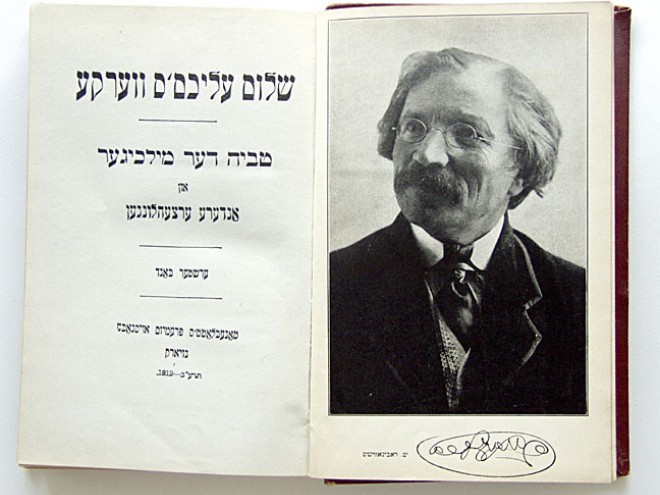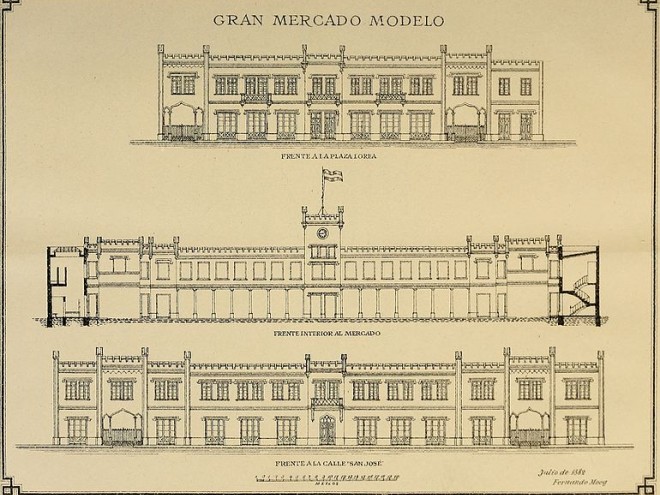Earlier this week, Talia Carner defined tzedakah and wrote about growing up as a a seventh-generation sabra among the Second Generation of Holocaust survivors in Israel, thereby inheriting a piece of their legacy of remembrance. She is the author of four novels, including the recently published Hotel Moscow, and has been blogging here all week for Jewish Book Council’sVisiting Scribe series.
 My last two novels feature strong Jewish themes. Yet readers are often surprised that not only am I not religious, but I do not even attend synagogue services, yet my writing testifies to being “very Jewish.”
My last two novels feature strong Jewish themes. Yet readers are often surprised that not only am I not religious, but I do not even attend synagogue services, yet my writing testifies to being “very Jewish.”
Indeed I am very Jewish, but in Israeli fashion: I was born in Tel Aviv to a secular family that, like most Israelis, did not practice religion. My parents played Canasta on Yom Kippur. My grandfather, who studied at his synagogue for two hours morning and two hours in evening, did not wear a yarmulke, nor was my grandparents’ kitchen kosher.
We never doubted our Jewishness because the country possessed then — and still does — an unmistakably Jewish culture, where even minor holidays are celebrated: On Shavuot, an agrarian holiday rooted in the history of the Temple destroyed 2,000 years ago, people get together for a festive dairy meal of blintzes. The mitzvah of inviting people for a Passover seder who do not have one became a national mission when, in the 1990s, one million Russian Jews arrived. Tens of thousands of Israeli families opened their homes to introduce the newcomers to this most celebrated holiday, complete with the reading of the Hagadah — in Hebrew, of course. In the shopping mall, every store sports a mezuzah on the threshold. Upon finishing combat leadership training, the IDF gifts a bible to the each new commander.
I studied that Bible all of my twelve years at school, mandatory by the secular state curriculum. I loved its richness of language and poetic rhythm in the book of exquisite literature that was never presented as the word of God, even as He was present on every page. The Bible was a compilation of living history, vividly recalled when I dined at a restaurant at the port of Jaffa, from where Jonah had tried to escape God’s mission, or when I drove through the Elah Valley, where David had defeated Goliath. In sixth grade I won a Jeopardy-like bible contest, yet, when visiting France at seventeen and asked about prayers, I knew none. I was unaware that the dozens of passages I could cite in my sleep were prayers, because I had never been to a synagogue.
My friends’ parents who were Holocaust survivors claimed that “God died in Auschwitz.” And while the Nazis were slaughtering our brethrens, my Sabra grandparents’ and parents’ generations created the miracle of the State of Israel. How could we take kindly to the Orthodox sector that gave God all the credit? No. This was our Jewish country, rich with our new culture of a revived language and of new songs celebrating every Zionist milestone, starting with the first swiveling sprinkle head that brought water to the desert. Our new humor was nourished by the stumbling nascent bureaucracy, by the experience of idiosyncratic military service, and by the dozens of accents immigrants spoke Hebrew. In the absence of Hebrew curses, we borrowed them from Arabic, Russian, and Polish. We baked under the hot Israeli sun in our shorts, took juicy bites from our home-grown oranges, and defended our new country with our lives for ourselves and for world Jewry.
My New Yorker protagonist in Hotel Moscow, Brooke Fielding, doesn’t have all that to create Jewish identity, not unlike many secular American Jews I’ve met. Having grown up in a sad home of Holocaust survivors, Jewish history for her had no depth before the 1940s. When Brooke visits a synagogue on Yom Kippur she is uninspired by the praising of God and His justice or fear of His wrath. She is all too familiar with both His justice and His wrath. New Age spiritualism — shamanism, “sacred” scarves, Goddess Earth ceremonies, or mystical stones — seemed pagan to her. It is only in Moscow, where Brooke encounters unabashed anti-Semitism, that she finds an answer, not in faith so much as in her Jewish values.
When Golda Meir was asked if she believed in God she responded, “I believe in the Jewish people, and the Jewish people believe in God.”
I, too, believe in the Jewish people, and am committed to their future while preserving their past. I am “very Jewish.”
Talia Carner’s fourth novel, Hotel Moscow, was just released by HarperCollins. It is the story of an American woman who travels to Russia shortly after the fall of Communism, becomes embroiled in investigating a business crime, and when facing anti-Semitism, comes to terms with her parents’ Holocaust legacy and her own Jewish identity. For more about the author and the book, please visit www.TaliaCarner.com.
Related Content:
- Jerusalem Maiden by Talia Carner
- China Doll: A Novel by Talia Carner
- Reading List: Contemporary Israeli Literature



